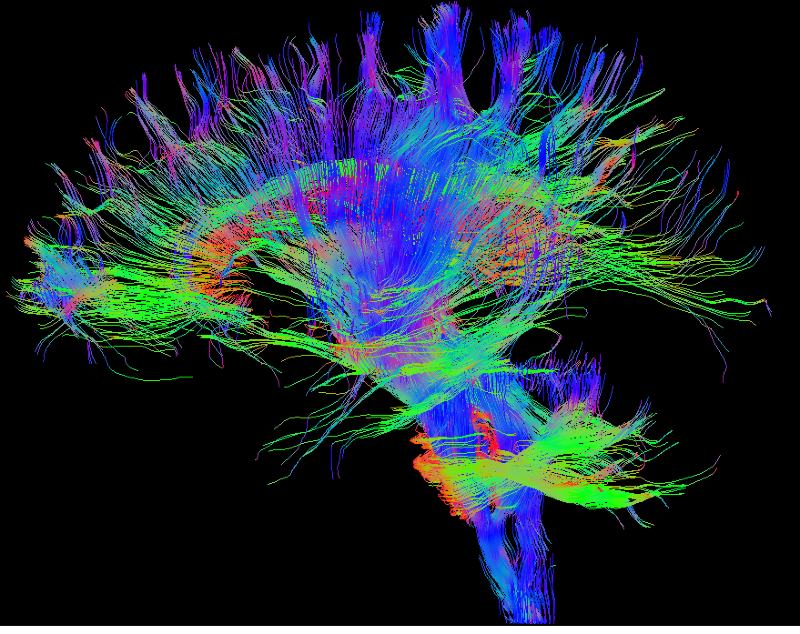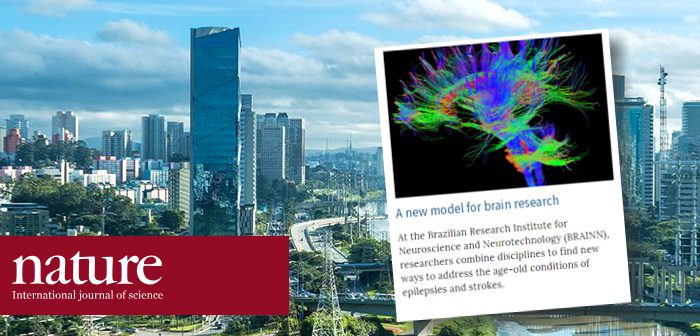At the Brazilian Research Institute for Neuroscience and Neurotechnology (BRAINN), researchers combine disciplines to find new ways to address the age-old conditions of epilepsies and strokes.
May 5th 2019 | originally published at Nature Research
One of the great challenges associated with research on epilepsy and stroke is such conditions are not uniquely defined. They cannot be traced to a single disease or a unique syndrome. To better understand and treat such conditions requires collaboration between scientists of different backgrounds, all of whom are driven to provide relevant applications in the real world.
The Brazilian Research Institute for Neuroscience and Neurotechnology (BRAINN) was founded with that need in mind (brainn.org.br). Researchers at BRAINN, which was started by the University of Campinas (UNICAMP) in Sao Paulo, Brazil, work daily to reveal the mechanisms leading to epilepsy and stroke, map disease onset and progression, and develop novel techniques for the prevention, diagnosis, and treatment of brain disorders.

The team at BRAINN, coordinated by Profs. Fernando Cendes, Li Li Min and Roberto Covolan, now includes more than 200 students and post-docs and is multidisciplinary by design. Physicians, work side-by-side with biologists, physicists, and others. Since the center’s inception, BRAINN has steadily grown national and international collaborations, which are helping to establish the center as a respected voice in the neuroscience and neurotechnology communities. One example of these multicenter collaborative actions is the Brazilian Initiative on Precision Medicine (BIPMed)(bipmed.org) that aims to offer public access to genomic and phenotypic data.
Scientists at BRAINN are pursuing many different lines of research but they share some commonalities. Research must be clinically important, realistic, original, and combine disciplines such as genetics, neurobiology, pharmacology, neuroimaging, computer science, robotics, physics and engineering.
One area of active research is neurotechnology, which includes the development and construction of functional brain imaging system using infrared photons; the design and microfabrication of neuroprobe targets for research and clinical use; the development of fast diagnosis techniques based on gene identification; and the design and construction of brain-computer interfaces (BCI) for assistive technologies.
Another area of interest is treatment and rehabilitation. Researchers are developing a portable diagnostic and monitoring systems that can be deployed at home, allowing patients to avoid long waits in the hospital. Others are developing remote-controlled devices (e.g. mobile robots) that allow physicians to interact with patients outside of hospitals.
BRAINN offers a formal graduate student program in neuroscience, but it also encourages students to communicate their science through the creation of websites, podcasts, blogs, an existing magazine and books. For example, leaders are creating a course for schoolteachers on education in neuroscience, as well as a continuing educational program about scientific journalism. There is also a schedule of events for meetings and workshops every year. In this way, BRAINN will become more than a research center. It will become a resource for all.










 Português do Brasil
Português do Brasil